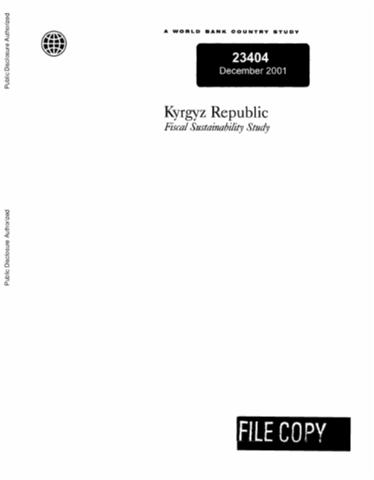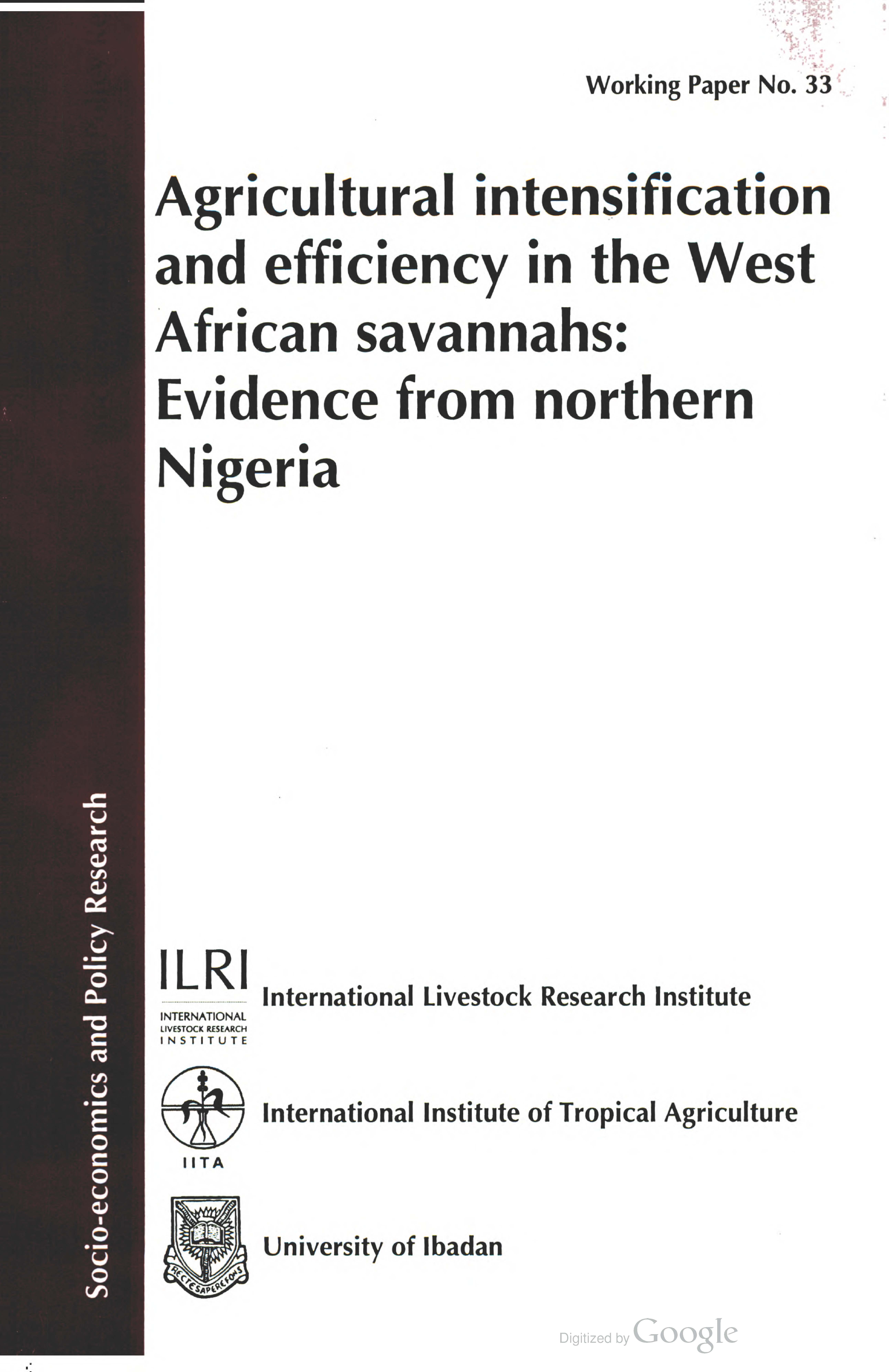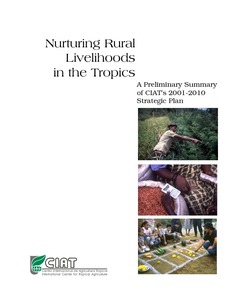Assessment of rural poverty: Asia and the Pacific
This report argues that land reform, both tenancy reform and redistribution of ceiling surplus lands to the landless, is important to poverty alleviation.The paper argues that in addition to production benefits, land reform helps to change the local political structure by giving more voice to the poor. Re-distributive land reform, whether through market-assisted land reform programmes or otherwise, should remain a substantive policy issue for poverty reduction.







